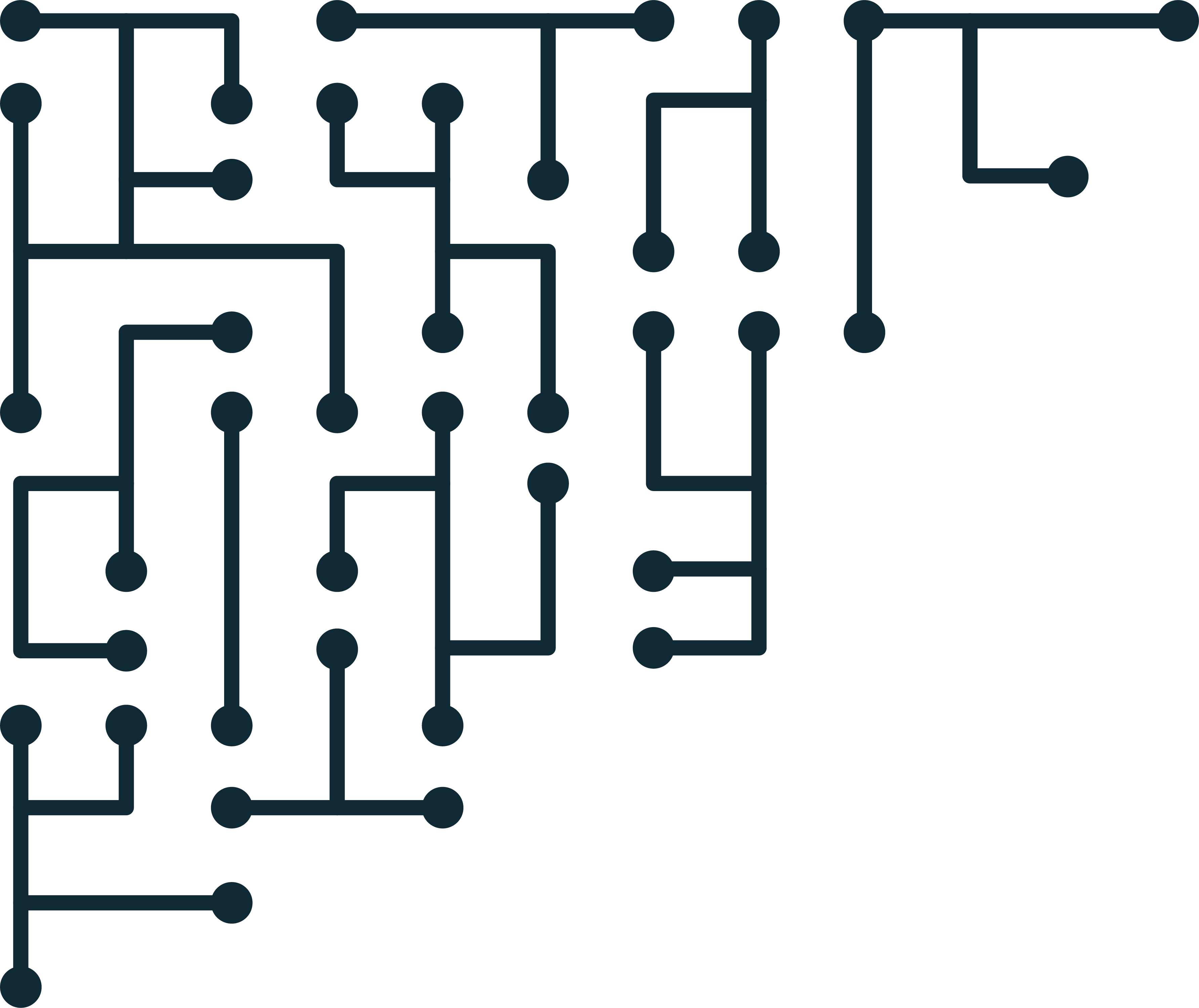Contact
I appreciate your interest in DFIRScience. This site started in 2008 (initially as CybercrimeTech) to document open-source software for digital forensic investigations. Since then, we have evolved into creating tutorials to answer questions from practicing digital forensic investigators.
Email us and we will answer any questions as soon as possible. We are usually active on Twitter.
Goals
Our main goal is to make computing, information security, and digital forensic investigation knowledge accessible to everyone. Infosec and digital forensic knowledge are especially expensive to access. Regardless of budget, we want every investigator to have access to helpful information and tools.
Our ultimate goal is for the revenue generated from this site to support us working full-time to build low-cost digital forensic laboratories for countries in need. We have worked with countries worldwide to increase their digital investigation capacity and capabilities, usually funded by short-term grants. Most countries, however, need long-term support to use resources to their maximum potential. If you are interested in helping us achieve this goal, please support us.
Whoami
This site is mainly the work of Joshua I. James. He is a trainer, lecturer, and consultant for digital investigations. He received his Ph.D. in Computer Science at UCD focusing on AI in digital investigations. He currently runs DFIR.Science in his free time. If you want to see more DFIR content, please support us.
Collaborate
If you would like to contribute or collaborate email us with “COLLABORATE” in the subject.
Consulting
For questions about consulting or running a training course, please email us and put “CONSULTING” in the subject.
DFIR Students
If you are an undergrad/graduate student working on a paper, thesis or dissertation and would like help on topics and structure, please email us and put “THESIS REVIEW” in the subject.
Support Us
If you are looking to join the DFIRScience community, please see our Patreon page. Supporters get priority answers, extra content and can even book a face-to-face chat/skype session to discuss any topic you need. We will help build digital forensic laboratories for countries in need with enough community support.
Other ways to support
Donate Cryptocurrency
Stellar Lumens (XLM)

Address: GAHBMCEYHEVP5RFZ7KOS4CIKSNPHMACONSBLSSSRNKX3EGL733C3TPRG
Ripple (XRP)

Address: rw2ciyaNshpHe7bCHo4bRWq6pqqynnWKQg
XRP Tag: 3206939566 (required)
Bitcoin (BTC)

Address: 1BxSmitVcXgQeDFeCQTLTcnJUuMUawjSYj
Ethereum (ETH)

Address: 0xc946Ea4d18B18CEC50Ac7A11bEeaCCCa42040686
If you are interested in donating a cryptocurrency that is not listed, email us for address information.
Revenue Disclosure
We strive to be community-supported. We sometimes use affiliate links related to products or services that we use and recommend. We will make the sponsorship or affiliate links clear on the post or page if any content is sponsored. Currently, revenue is generated from the following sources:
- Brave Rewards - if you view this website using Brave browser, we may receive BAT. We do not show tracking ads on DFIR.Science. You can also send us a tip by clicking the triangle in the address bar and selecting “Send Tip.” Thank you!
- Youtube ads - we currently use Google Adsense on YouTube. Ads are shown to viewers while watching videos.
- Community sponsorship through Patreon.
- Swag.DFIR.Science. Anything purchased directly supports DFIRScience.
- Affiliate links - Amazon, HumbleBundle, and TubeBuddy. Purchases through affiliate links may result in a commission.
- Consulting. Please consider us if you need digital forensics, network security, or online investigation work.
In the future, we hope to move to the community-sponsorship model on Patreon to remove ads from our content.
Cookies
We do not use cookies to track users directly on DFIR.Science. However, several third-party applications are often included that might. These include embedded videos from YouTube, embedded code from GitHub, and applications like Mailchimp, Cloudflare, and Twitter.

